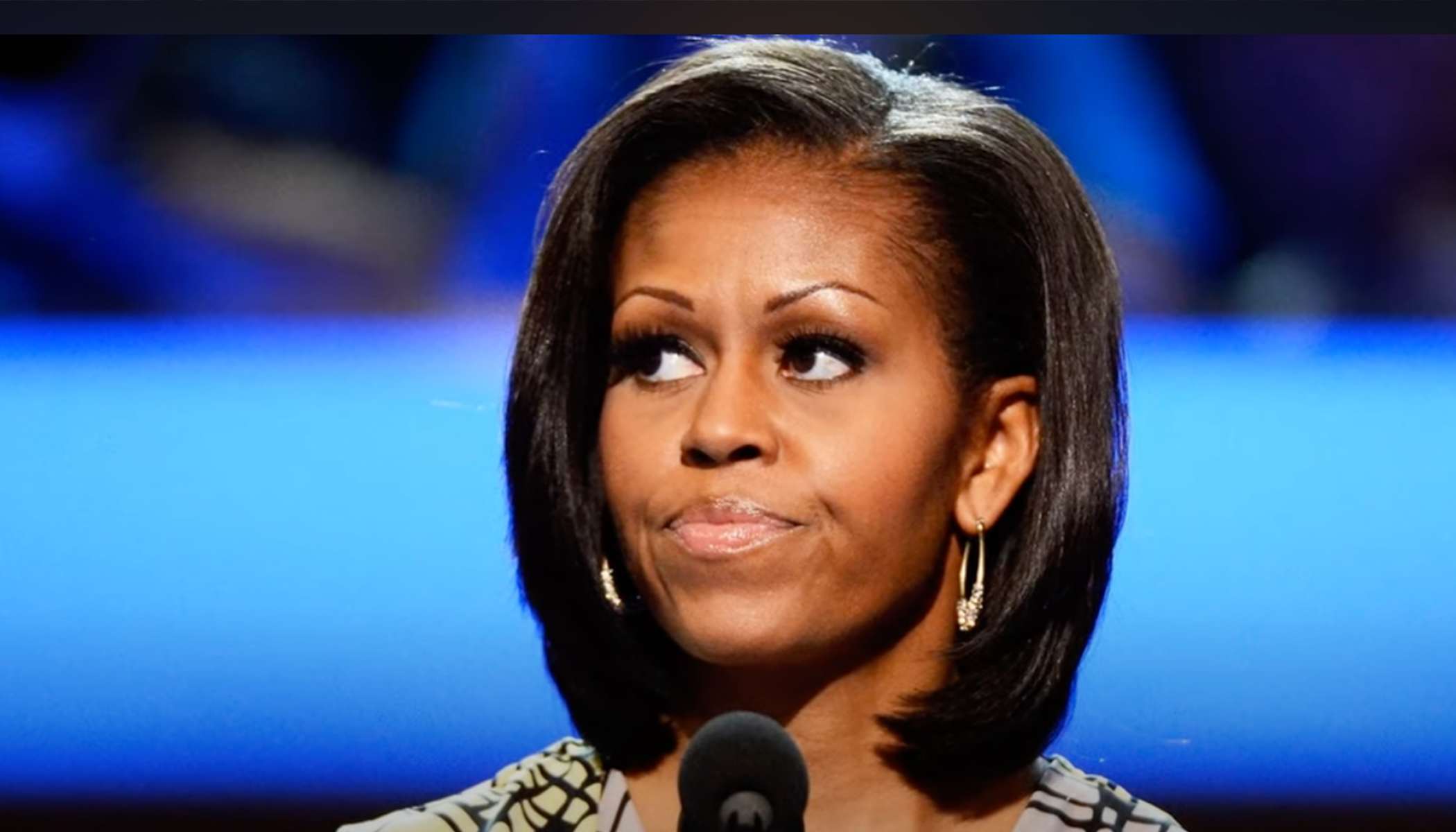Federal Cases Against Trump Poised for Dismissal as Presidential Transition Approaches
In a pivotal legal development, the first of two federal criminal cases against President-elect Donald Trump has been dismissed, marking a significant moment as he prepares for his upcoming term.
U.S. District Judge Tanya Chutkan dismissed the Jan. 6-related case following a motion filed by special counsel Jack Smith, and the classified documents case against Trump is also expected to be dismissed by the U.S. Court of Appeals for the 11th Circuit, as the Washington Examiner reports.
The initial case, tied to events on Jan. 6, 2021, was dismissed without prejudice by Judge Tanya Chutkan. This was part of a broader legal strategy involving Smith, who sought the dismissal of both this case and the other, related to classified documents in Florida.
The stated reasoning for this move includes a longstanding Department of Justice policy that discourages prosecuting sitting presidents.
Legal And Political Implications of Cases
Following a ruling by the U.S. Supreme Court on immunity for former presidents in July, Smith refiled a superseding indictment in the Jan. 6 matter. This action suggested continued prosecutorial intent, at least until Trump's recent election victory necessitated a change in course.
Smith's office stated that the government consulted with Trump's defense counsel, who did not object to the dismissal of these cases.
This decision appears to temporarily conclude a major chapter in the legal battles surrounding Trump’s presidency and subsequent election campaign.
Alongside the Jan. 6 case, Smith pushed for the dismissal of the classified documents case. While the case against Trump is likely to be dropped, prosecutions involving his co-defendants, Walt Nauta and Carlos De Oliveira, will proceed.
This indicates that while Trump himself may benefit from this DOJ policy, those associated with him remain under scrutiny.
Classified Documents Case And Co-Defendants
Trump's communications director, Steven Cheung, described the dismissal as a victory for the rule of law, asserting that the American public has supported Trump's leadership with a strong mandate. Such statements highlight the political dimensions surrounding these legal proceedings and their outcomes.
Despite this development, Trump’s legal hurdles are far from over. He faces a pending motion to dismiss 34 felony counts in New York, related to falsifying business records over a hush-money payment to adult film actress Stormy Daniels. Trump's legal team has been instructed to file this motion by a December deadline.
Moreover, Trump is contending with racketeering charges in Fulton County, Georgia, a case the resolution of which remains uncertain. These ongoing challenges could continue to shape the former president's legal landscape as he transitions back into the Oval Office.
Further Legal Challenges Await
Legal experts and political figures have weighed in on the implications of these dismissals. George Washington University law professor Jonathan Turley noted the significance of the DOJ's decisions, while political consultant Mike Davis called for legal repercussions for Smith’s team. Such contrasting views underscore the heated debate these cases have ignited across legal and political spectrums.
As for Trump's stance, he plans to dismiss Smith and his team upon assuming office, a move that reflects the contentious nature of their legal confrontations.
This potential action could reshape the federal legal landscape with respect to Trump's alleged activities and influence.
The president-elect status of Trump has played a crucial role in the strategic handling of these legal cases. With longstanding policies preventing actions against a sitting president significantly influencing the DOJ's strategy, Trump's victory has triggered important procedural shifts.
Notable Reactions And Future Steps
The July Supreme Court ruling also acted as a catalyst for re-evaluating the viability and direction of these indictments. This legal framework underpins Smith's rationale in opting for dismissing cases at this pivotal moment.
Trump's navigation of these legal and political challenges remains under public scrutiny as events unfold. The balance between political mandates and legal imperatives continues to shape the discourse surrounding his leadership and future governance. With eyes on his upcoming term, how these legal narratives evolve will be closely watched.






